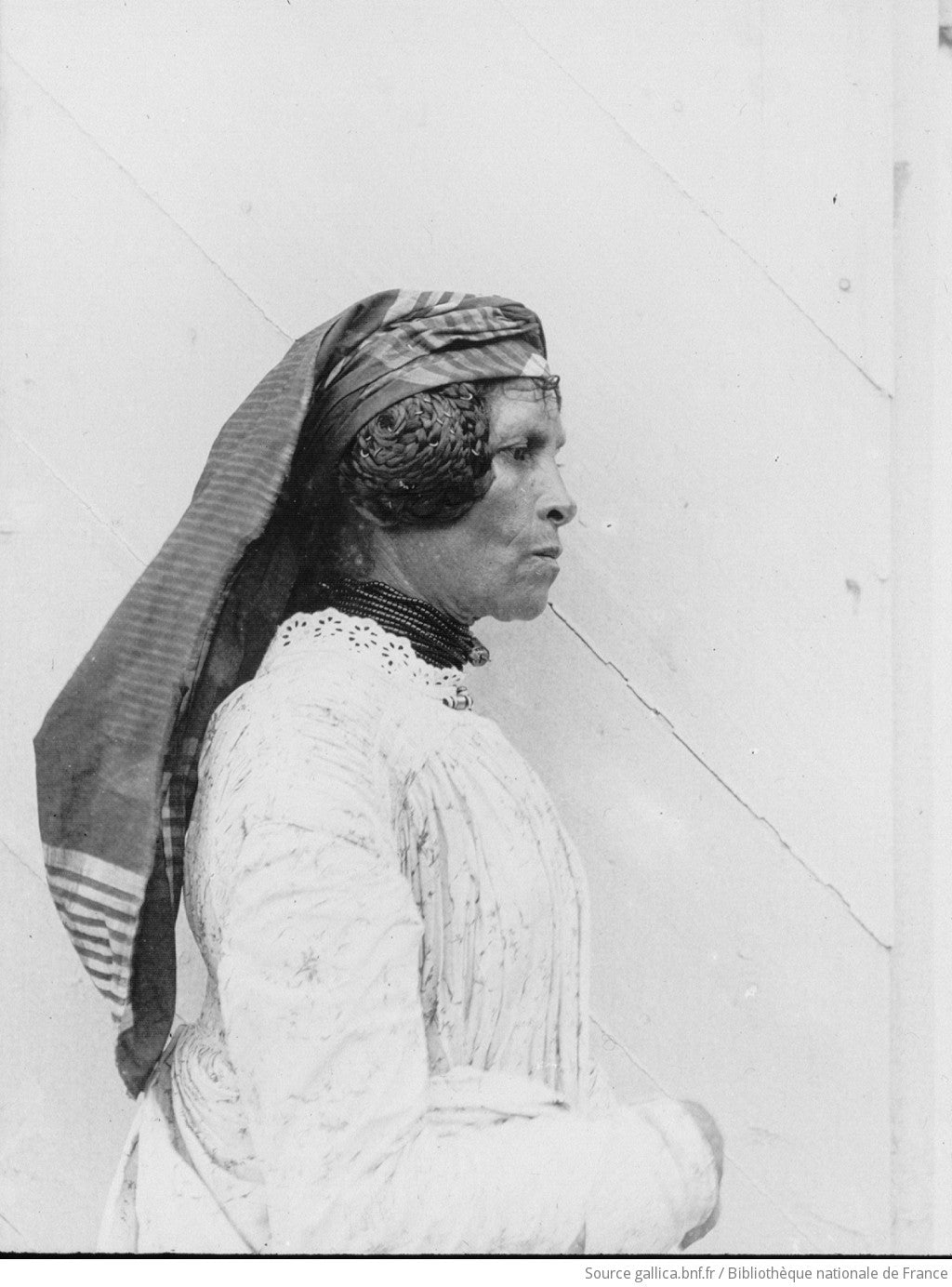
Women of Strength, the Unsung Heroines of the 19th-Century French Caribbean
When we think of Caribbean history, we often speak of sugar plantations, colonial struggles and revolution. But woven into the very fabric of that history are the women, strong, resourceful and often invisible, who carried entire communities on their backs. In 19th-century Guadeloupe and Martinique, Antillean women were more than workers. They were healers, market vendors, midwives, caretakers, and silent revolutionaries. At Café Créole, we honor these pillars of our past.
Life After Slavery: The Transition Years

Following the abolition of slavery in 1848, many women found themselves navigating a new freedom that came with old burdens. They had to feed families, negotiate wages, and rebuild communities that had long been broken. The colonial system was still harsh, but these women adapted. They became tenants, sharecroppers or continued to labor in sugarcane fields, not out of choice but of necessity.
Mothers and Providers

Antillean women often worked from dawn to dusk, balancing domestic responsibilities with labor outside the home. Whether selling produce in the market, gathering herbs or mending clothes, they made sure the household survived. Grandmothers, mothers, daughters, they all shared the burden and the pride of resilience.
The Marchandes: Market Queens of the Islands
The local market was more than a place to trade goods. It was a center of life, news and solidarity, and women ruled it. These marchandes were bold negotiators, expert growers and custodians of culinary knowledge. Their voices filled the streets, and their baskets were heavy with mangoes, spices, yams and dreams.
Keepers of Tradition and Spirituality
In a world of suppression and colonial religion, women kept ancestral practices alive. Through songs, lullabies, Creole expressions, herbal medicine and rituals, they preserved an entire cultural memory. Many served as midwives or quimboiseuses, guardians of both body and spirit.
Silent Resistance and Dignity

Not all battles are fought with weapons. Many women resisted through dignity by educating their children, refusing certain labor or creating support networks between neighbors. Some joined religious movements, others protected Maroon communities. All of them were part of a quiet but powerful resistance.
Legacy That Lives On
Today’s Caribbean strength is rooted in the foundation built by these women. Their energy still lives in the markets, the kitchens, the songs and the stories. At Café Créole, every cup we serve is a toast to them, the ones who held the line when everything else fell apart.
They were never just background characters. The women of the 19th-century Antilles shaped identity, preserved culture and laid the groundwork for generations to come. Their strength wasn’t always written in books, but it echoes in the Caribbean spirit today.